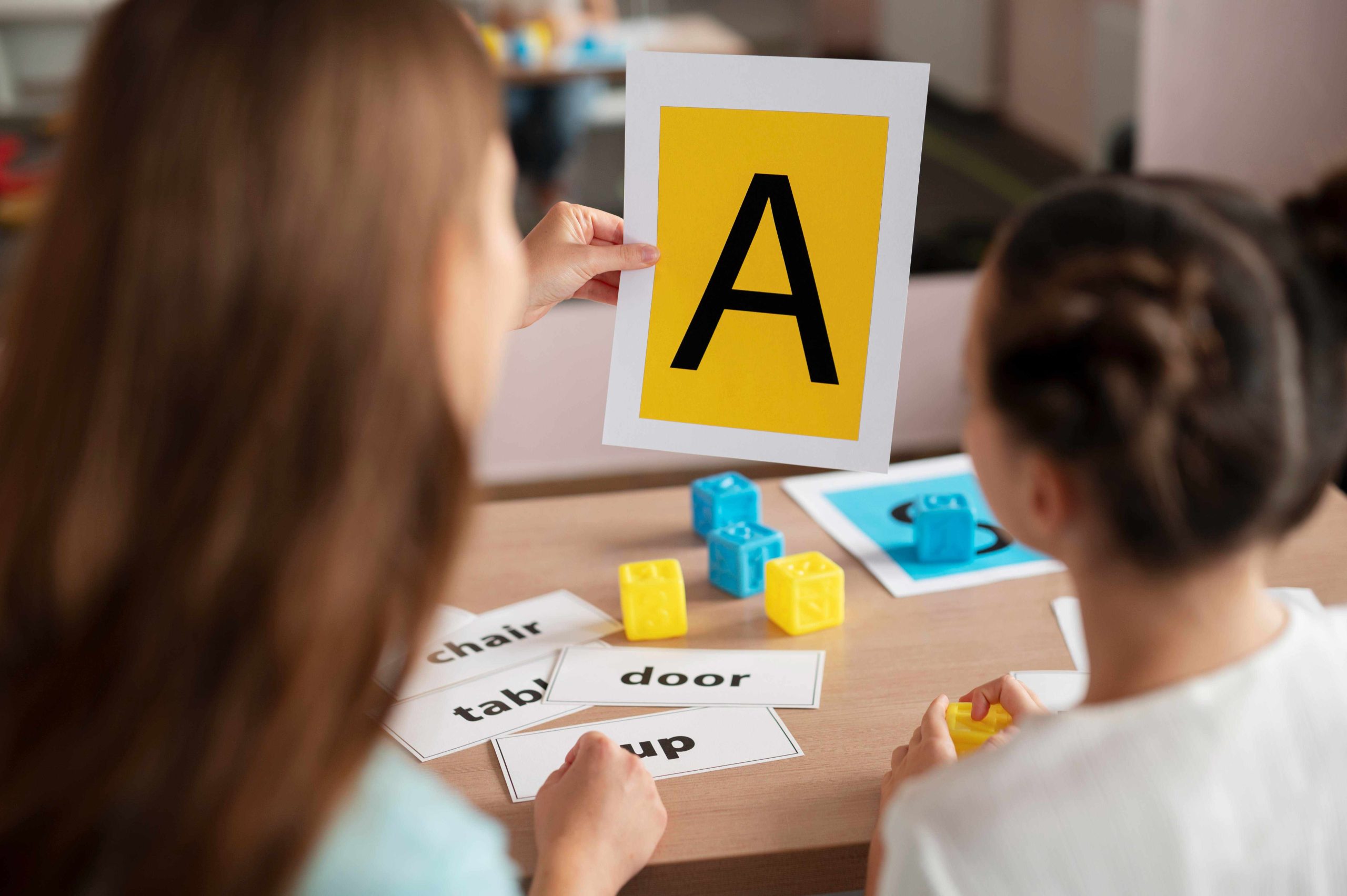Preschoolers’ Wordplay: The Importance of Language Games in Early Childhood Development
Preschoolers’ Wordplay: The Importance of Language Games in Early Childhood Development
As parents, educators, and caregivers, we all want to give preschoolers the best start in life. We want them to grow up to be successful, happy, and confident adults. One way to do this is to encourage them to play with language, through wordplay.
Wordplay is the use of language in a playful and creative way, such as puns, rhymes, jokes, and riddles. While it may seem like simple fun, it actually plays a crucial role in preschoolers’ language development. In this article, we’ll explore the importance of wordplay in early childhood, how it benefits preschoolers, and provide some examples of language games to try with your little ones.
Why Wordplay Matters
Preschoolers are like sponges, soaking up new information every day. Language is an essential part of their development, as it helps them to communicate, understand the world around them, and express their thoughts and feelings. However, language acquisition is not always straightforward. It takes time, effort, and practice to learn new words, grammar, and syntax.
This is where wordplay comes in. By playing with language, preschoolers can develop their linguistic abilities in a fun and engaging way. For example, rhyming games help them to identify sounds and patterns in words, which is a critical skill for reading and writing later on. Jokes and riddles help them to think creatively and logically, and to understand the nuances of language, such as double meanings and idioms.
…
